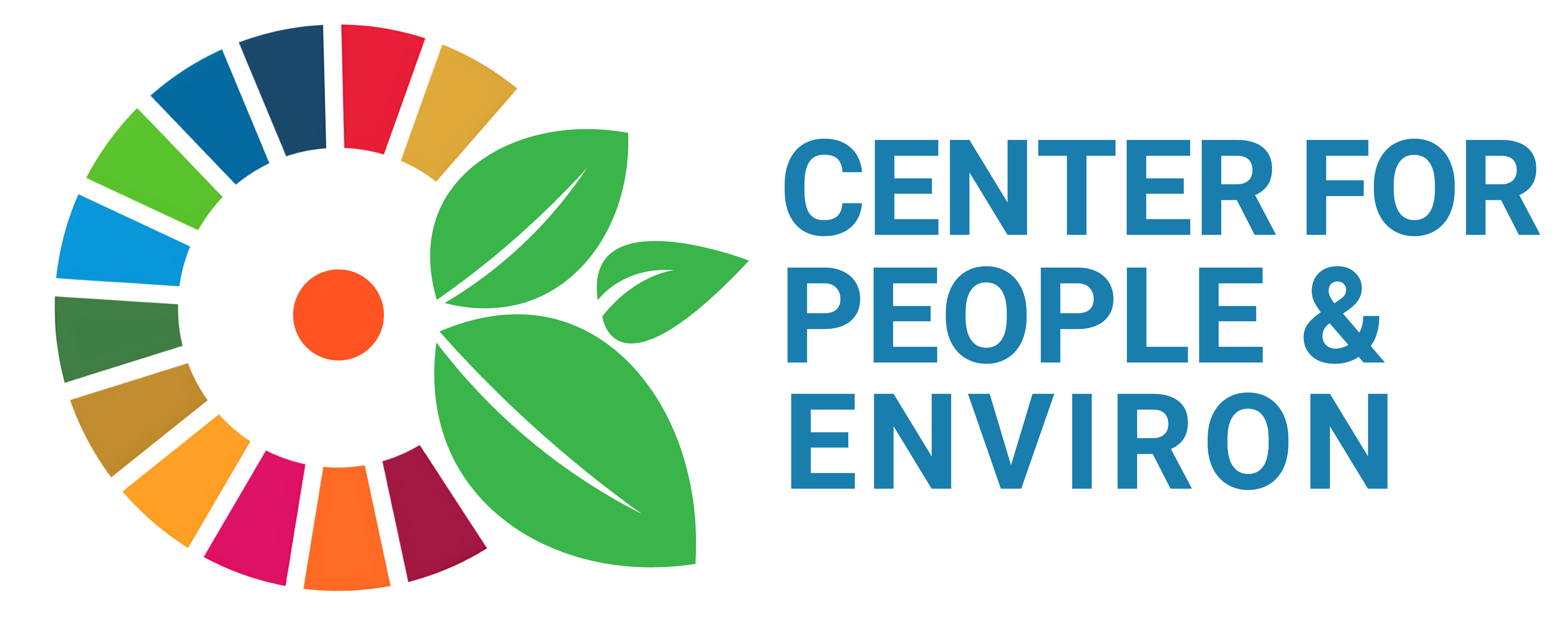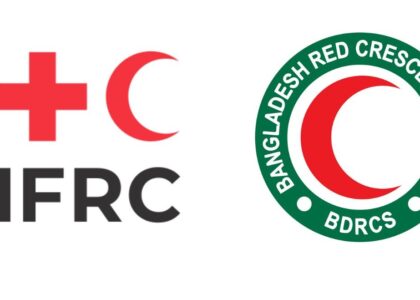Objectives of the study
This study aims to undertake a gender- and inclusivity-focused analysis of shelters in Bangladesh, evaluating their effectiveness in meeting the needs of women, girls, and individuals with disabilities. It will assess challenges related to safety, accessibility, and discrimination in both accessing and residing in shelters.
Scope of the study
The study will be conducted in 13 districts of climate-vulnerable coastal, floodplain/char, haor, and hill tracts areas.
- The study will explore the readiness of shelters considering location-specific disasters.
- The study will examine the availability and quality of essential amenities, including sanitation, security, sexual and reproductive health services, and pregnancy support.
- The study will evaluate shelter management strategies to prevent and respond to gender-based violence.
- To study will assess the status of shelters in Bangladesh in comparison to the existing demand;
- To study will examine the challenges encountered by women, girls, and individuals with disabilities in accessing and residing in shelters;
- The study will investigate the amenities (such as sanitation, safety, sexual and reproductive health rights, and pregnancy support) available in shelters, considering the needs of women, girls, and individuals with disabilities;
- The study will identify policy gaps and provide evidence-based recommendations to enhance gender-responsive and inclusive shelter services in Bangladesh.
To study will determine the management strategies employed to tackle gender-based violence within the shelters in policies and their implementation.
Methodology of the study
Policy Review
Collection, review, and analysis of long-term climate and weather data, disaster information, morphological features and land elevation, demographic data, and shelter statistics, to develop the historical trends and projection of shelter demand;
Participatory research to get actual data, perspectives, and experientialknowledge of the importance of shelter, gender-responsiveness, disability inclusiveness of the shelters, suitability of shelters, demand, etc., through Household Survey (HHS), Focus Group Discussion (FGD)
Participatory capacity analysis of institutionsto understand infrastructural capacity, gaps, and challenges of shelters through key Informant Interviews.
Multi-hazard risk assessment
Landscape and land use mapping with relevant parameters
Riverbank erosion-prone area detection
Flood and waterlogging potential location identification
Landslide Susceptible Location Identification
Cyclone impact zone identification
Geo-spatial-based shelter suitability assessment using the analytical hierarchy process (AHP)
Gender-responsive shelter assessment
Disability-inclusive shelter assessment
Disaster-ready community assessment
Funded By





